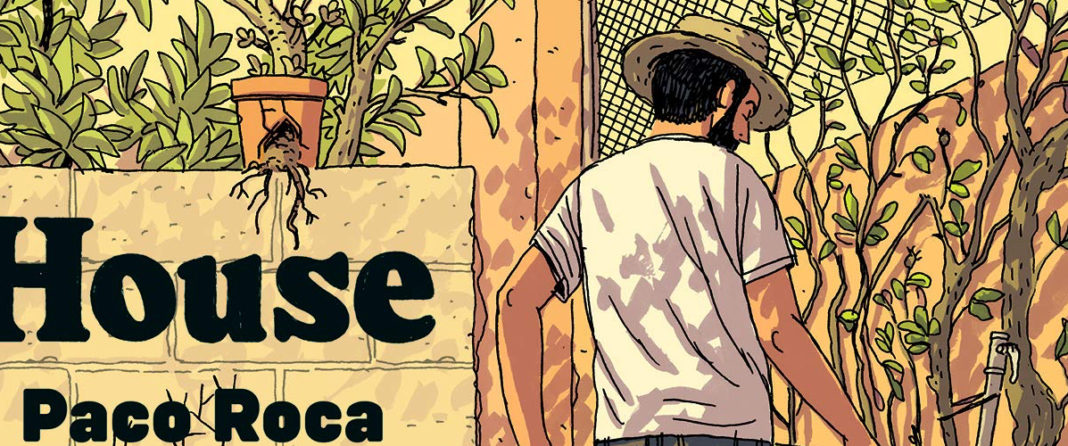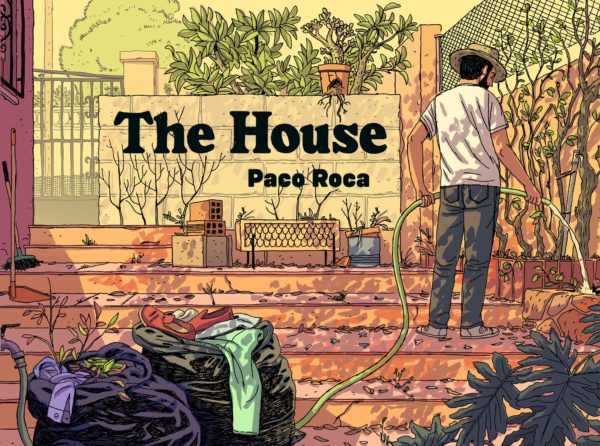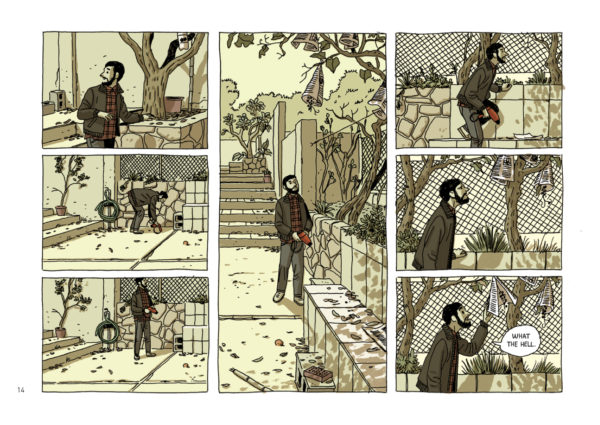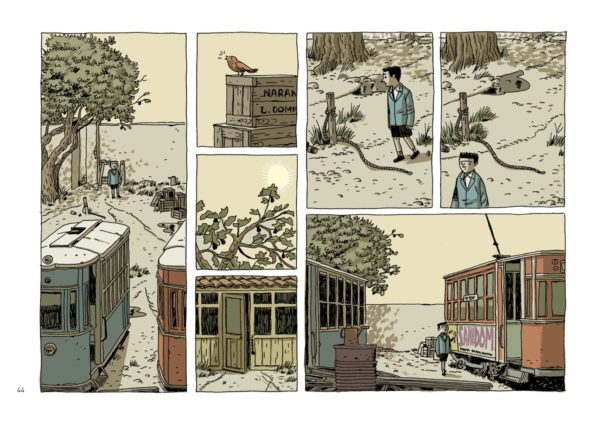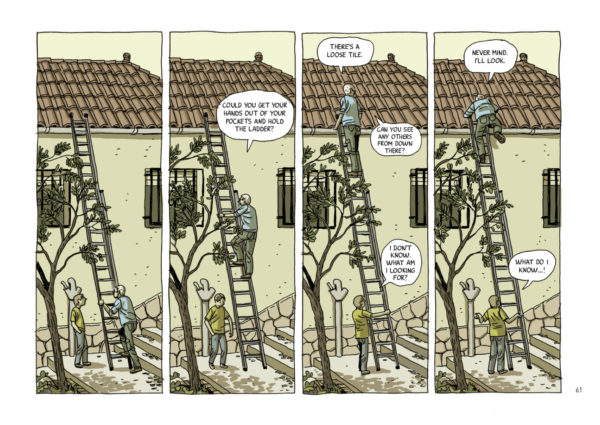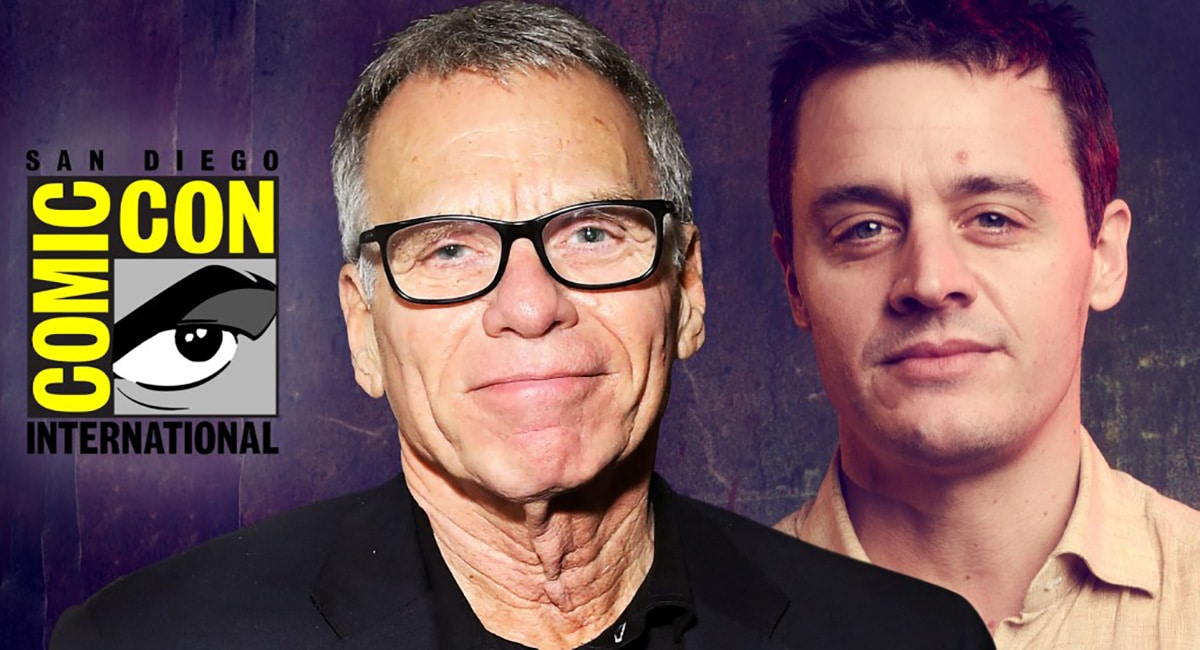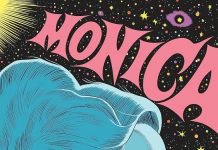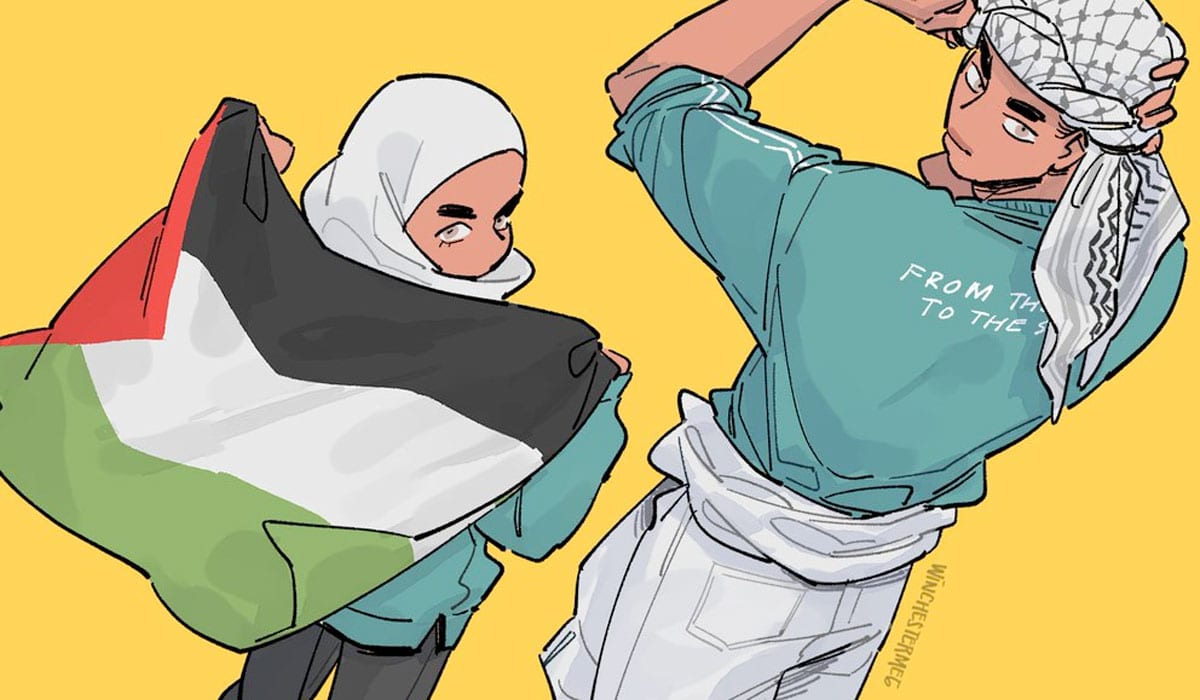The House
By Paco Roca
Translated by Andrea Rosenberg
Fantagraphics
I think it’s fair to say that the true measure of the impact a human is how much space they leave empty upon their death and, therefore, how much space the bereaved are required to fill in order for the atmosphere of reality to be in its proper working semblance. It’s important to realize that impact can be positive or negative, but often it’s a mix of both and the space will be filled with reaction and reflection that acknowledges those complexities.
In Spanish cartoonist Paco Roca’s The House, the death of a father finds trouble leaving that inevitable space because of the vacation house that stands at the center of so many familial memories for his kids. It’s as if upon his departure from life the house itself seized that space and the children have the difficult job of taking down that structure in order to fill it up with their father.
We are first introduced to the youngest son, José, as he enters the house with his girlfriend after his father has passed, though brief flashbacks give us a flavor for the family dynamic — the siblings and the partners at an outside table, awaiting their father to celebrate his birthday, while their father lurks inside the house repairing something and ignoring the festivities.
José tries in his stumbling way to do some upkeep on the house as they prepare to sell it, but ends up spending just as much time second-guessing the circumstances of his father’s death in a hospital, obsessing over whether his father was proud of him, and talking about his experience at the house, which was actually built by the entire family over a period of years, though is really his father’s project, along with the gardens.
Eventually, we meet José’s siblings, older brother Vincente and sister Carla. Vincente is resentful of his brother and sister, feeling they left all the responsibility of their father to him. At the same time, Vincente attempts to repeat his childhood of working on the house with his father by doing the same with his son, which ends up being an agreeable arrangement despite some bumps.
Carla, meanwhile, yearns for a solution that would have let her father live a couple more years in order for her daughter to get to know him, despite the pain he would have been in and is bitter about Vincente taking charge of her father’s end-of-life decision-making.
The story isn’t entirely about the drama between the children. Through their interaction, the story of their father and their family unfolds in flashbacks, though since it is through their memories that were formed during childhood, there is a feeling that they might be slightly unreliable narrators. But that’s the way memory works. You only remember the things you keep remembering and sometimes the details of those memories can alter over time so 30 years later you aren’t necessarily visualizing a perfect reproduction of what happened — it’s changed by your emotions and understanding at the time and then by every iteration of those circumstances over your life.
This is how family mythologies are crafted and that’s exactly what this family is doing as they work through their grief by puttering around the house, seizing and sharing memories. These memories will emerge as a story that will eventually overtake the space the house itself holds in their perception, but that’s a bigger battle than you think since the house is a formidable presence. Roca injects it with nooks and crannies and details in the physical plane alongside the family memories and it seems monumental, bigger than life and completely understandable how it could force its way into their father’s space.
There are plenty of graphic novels about mourning, but I think Roca’s is different from any that I have ever read. So many of them focus on the grief aspect while his focuses on the rebuilding, specifically through narrative, and the way alternate perspectives of a person merge after death to create the emotional monument to that person. It’s a profound and insightful investigation into that process, rendered with humor and humanity.


